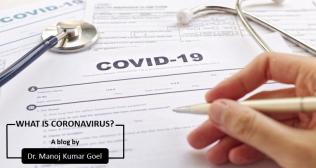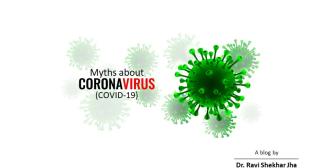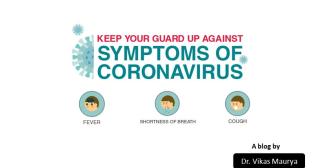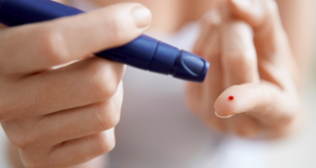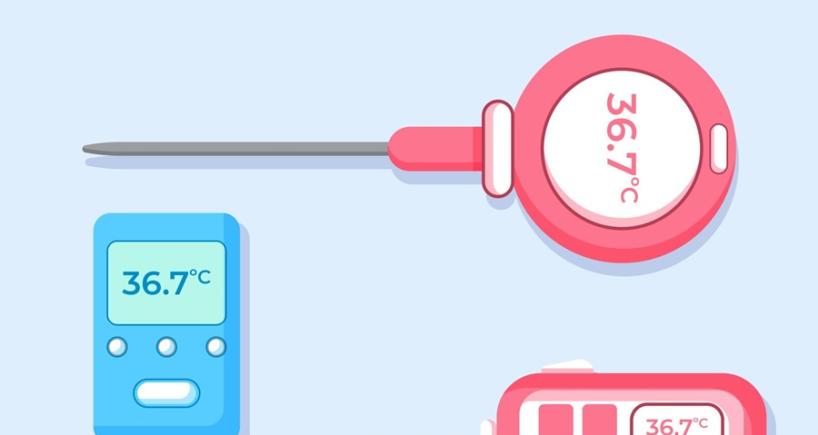
What Constitutes Normal vs. Low Blood Oxygen Levels
Introduction
In the intricate balance of human health, few metrics hold as much sway as blood oxygen levels in the human body. Often discussed in medical contexts, they’re crucial to understanding how efficiently your body is functioning. But what exactly are blood oxygen levels, and why should you care?
Understanding The Basics
Oxygen fuels your body’s engine, powering every cell, tissue, and organ. Blood oxygen levels indicate the amount of oxygen circulating in your bloodstream. When we talk about blood oxygen levels in the human body, we often refer to a percentage. In a healthy individual, this typically falls between 95% and 100%. This range ensures that your tissues receive adequate oxygen for their myriad functions. When the oxygen levels are lower than usual, the condition is called hypoxemia, and when they are too high, it leads to oxygen toxicity. Both conditions manifest severe symptoms, mandating measuring blood oxygen levels.
How is Blood Oxygen Measured?
- Pulse Oximetry: A non-invasive method that uses light to measure blood oxygen saturation (SpO2) levels by placing a small device on a person’s fingertip, earlobe, or toe
- Arterial Blood Gas (ABG) Analysis: An invasive method that involves taking a blood sample from an artery and analyzing it in a laboratory to measure blood oxygen levels
- Capnography: A method used to monitor carbon dioxide (CO2) levels in exhaled breath that reflects changes in oxygenation
- Transcutaneous Oxygen Monitoring (TCOM): A procedure involving placing a sensor on the skin to measure and monitor oxygen levels in premature infants
- Venous Blood Gas (VBG) Analysis: An invasive method involving taking a blood sample from a vein to provide valuable information about oxygen delivery
- Functional MRI (fMRI): A neuroimaging technique measuring changes in blood oxygen levels in the brain by detecting changes in blood flow and oxygenation
However, various factors can influence these levels, and understanding them is critical to maintaining optimal health.
Factors That Affect Blood Oxygen Levels
- Asthma, chronic obstructive pulmonary disease (COPD), pneumonia, and common colds can affect the lungs’ ability to oxygenate blood adequately.
- High altitude decreases the oxygen concentration in the blood.
- Exercise increases oxygen demand, lowering blood oxygen saturation levels.
- Specific lung and heart conditions and sleep disorders can reduce blood oxygen levels.
- Oxygen levels decrease with age due to changes in lung function, reduced muscle mass, and other age-related factors.
- Smoking damages lung tissue and reduces the efficiency of oxygen exchange in the lungs.
- Cold environments constrict blood vessels, reducing blood flow and tissue oxygen delivery.
- Dehydration can lead to decreased blood flow and oxygen delivery to the tissues.
Symptoms of Low Blood Oxygen Levels and Blood Toxicity
Symptoms of hypoxemia include:
- Shortness of breath
- Rapid breathing and heart rate
- Bluish or grayish skin, lips, or nail beds
- Difficulty concentrating, memory problems, or confusion
- Chest pain
- Headache
- Fatigue and weakness
- Dizziness
- Enlargement and rounding of fingertips
Symptoms of oxygen toxicity include:
- Coughing and sore throat
- Chest pain or tightness
- Shortness of breath
- Nausea and vomiting
- Vision changes
- Muscle twitching or convulsions
- Confusion or changes in mental status
- Fatigue
Symptoms should be promptly reported to the doctor, and treatment instructions should be followed strictly.
How Are Fluctuating Blood Oxygen Levels Treated?
Treatment for hypoxemia includes:
- Supplemental oxygen therapy and continuous monitoring of levels
- Treating related health conditions
- Medications depending on the cause of low blood oxygen
- Ventilation support
- Lifestyle modifications, including avoiding smoking, exposure to air pollutants, maintaining a healthy weight, and staying physically active
- Pulmonary rehabilitation to improve lung function
Treating oxygen toxicity involves discontinuing oxygen therapy and managing symptoms.
Understanding and staying aware of your blood oxygen levels empowers you to take proactive steps toward better health by paving the way for a healthier future.
Popular Searches :
Hospitals: Cancer Hospital in Delhi | Best Heart Hospital in Delhi | Hospital in Amritsar | Hospital in Ludhiana | Hospitals in Mohali | Hospital in Faridabad | Hospitals in Gurgaon | Best Hospital in Jaipur | Hospitals in Greater Noida | Hospitals in Noida | Best Kidney Hospital in Kolkata | Best Hospital in Kolkata | Hospitals in Rajajinagar Bangalore | Hospitals in Richmond Road Bangalore | Hospitals in Nagarbhavi Bangalore | Hospital in Kalyan West | Hospitals in Mulund | Best Hospital in India | | Cardiology Hospital in India | Best Cancer Hospital in India | Best Cardiology Hospital in India | Best Oncology Hospital In India | Best Cancer Hospital in Delhi | Best Liver Transplant Hospital in India
Doctors: Dr. Rana Patir | Dr. Rajesh Benny | Dr. Rahul Bhargava | Dr. Jayant Arora | Dr. Anoop Misra | Dr. Manu Tiwari | Dr. Praveer Agarwal | Dr. Arup Ratan Dutta | Dr. Meenakshi Ahuja | Dr. Anoop Jhurani | Dr. Shivaji Basu | Dr. Subhash Jangid | Dr. Atul Mathur | Dr. Gurinder Bedi | Dr. Monika Wadhawan | Dr. Debasis Datta | Dr. Shrinivas Narayan | Dr. Praveen Gupta | Dr. Nitin Jha | Dr. Raghu Nagaraj | Dr. Ashok Seth | Dr. Sandeep Vaishya | Dr. Atul Mishra | Dr. Z S Meharwal | Dr. Ajay Bhalla | Dr. Atul Kumar Mittal | Dr. Arvind Kumar Khurana | Dr. Narayan Hulse | Dr. Samir Parikh | Dr. Amit Javed | Dr. Narayan Banerjee | Dr. Bimlesh Dhar Pandey | Dr. Arghya Chattopadhyay | Dr. G.R. Vijay Kumar | Dr Ashok Gupta | Dr. Gourdas Choudhuri | Dr. Sushrut Singh | Dr. N.C. Krishnamani | Dr. Atampreet Singh | Dr. Vivek Jawali | Dr. Sanjeev Gulati | Dr. Amite Pankaj Aggarwal | Dr. Ajay Kaul | Dr. Sunita Varma | Dr. Manoj Kumar Goel | Dr. R Muralidharan | Dr. Sushmita Roychowdhury | Dr. T.S. MAHANT | Dr. UDIPTA RAY | Dr. Aparna Jaswal | Dr. Ravul Jindal | Dr. Savyasachi Saxena | Dr. Ajay Kumar Kriplani | Dr. Nitesh Rohatgi | Dr. Anupam Jindal |
Specialities: Heart Lung Transplant | Orthopedic | Cardiology Interventional | Obstetrics & Gynaecology | Onco Radiation | Neurosurgery | Interventional Cardiology | Gastroenterologist in Jaipur | Neuro Physician | Gynecologist in Kolkata | Best Neurologist in India | Liver Transfer |







